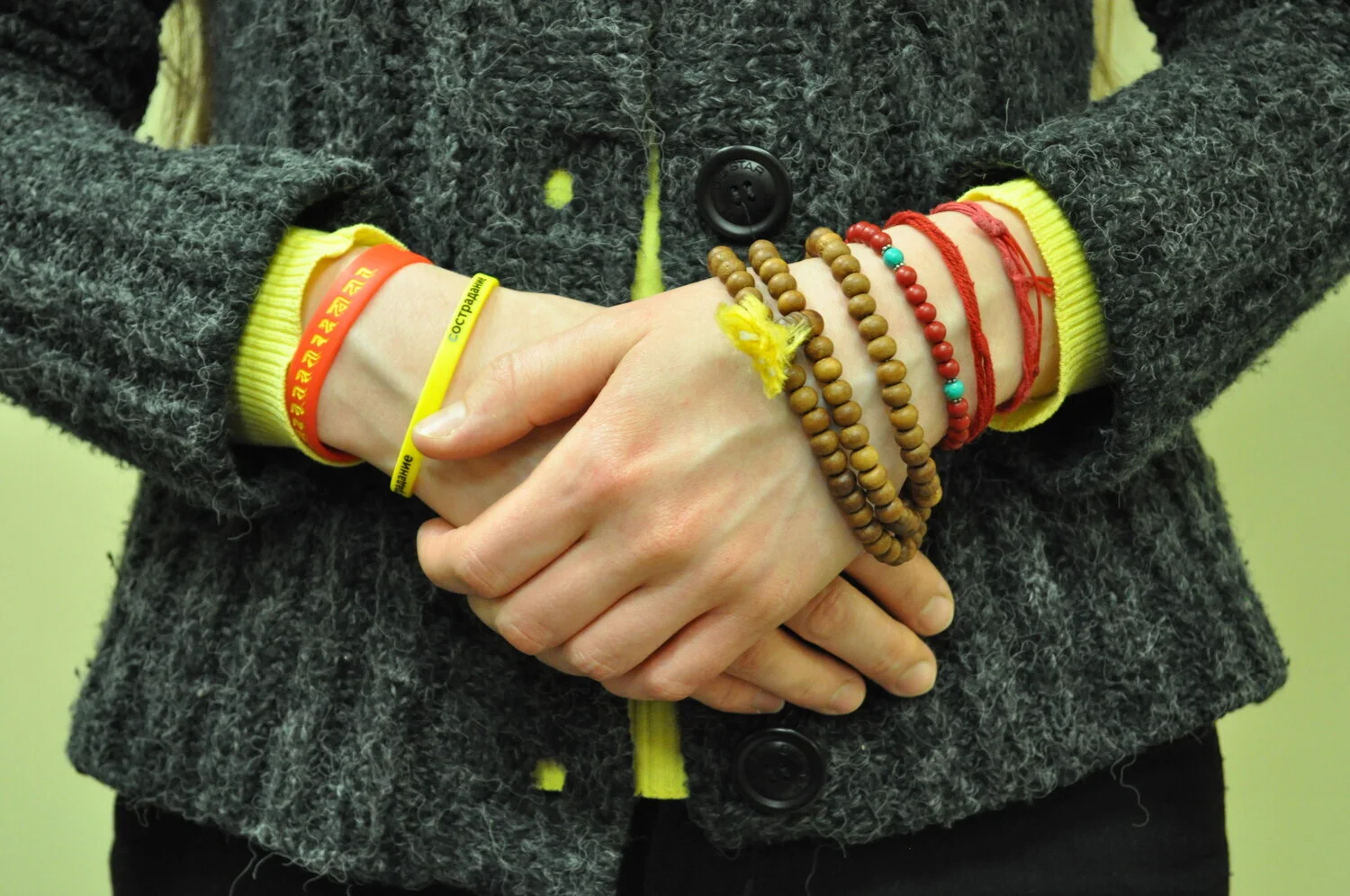CREATING COMPASSIONATE IDENTITIES
Creating Compassionate Identities (CCI) is a training program that arose at the intersection of social engagement and contemplative practice. Inspired by the ideas of the Indian philosopher Shantideva — and the “universal responsibility” teachings of the Dalai Lama — CCI takes the participants through three consecutive steps that help them establish a better foundation for compassionate perception of the world and wise commitment to social change.
History
In May 2017, I collaborated with Christian Howard to create and and co-facilitate a course called “Creating Compassionate Identities” which ran in Russia for 8 weeks. The program’s aim is to help individuals ready to undertake a certain amount of contemplative practice better prime their minds for compassionate thinking and compassionate action with regards to the suffering of themselves and others. The course was first conducted in Moscow and then repeatedly taught in online spaces, drawing participants from the United States, Russia, Ukraine, Kazakhstan and other countries.
Taking a set of traditional advanced mind-training techniques originally proposed by the Indian philosopher and poet Śāntideva, the program places them in the neutral context of secular mindfulness practice to see how one can develop a wholesome identity as a proponent of compassion by integrating contemplative practice and playful narrative exercises.
Contents of the program
Unlike many similar programs, including the 8-week program developed by Centre for Compassion and Altruism Research Centre in collaboration with Dr. Thubten Jinpa and the 12-step program outlined by Dr. Karen Armstrong in her seminal book “Twelve Steps to a Compassionate Life”, CCI seeks to help the practitioners look deeply into their ideas of themselves before progressing to a rigorous training in qualities of open-heartedness, only to eventually lead to developing genuine altruism by using psychological techniques aimed at expanding one’s own limited sense of identity to encompass others.
This profound investigation is not limited to developing the indispensable loving kindness and compassion towards oneself; rather, in this case, strong emphasis is made on attempting to see through the habitual layers of self-identification to see a more primordial level of beneficial qualities that can then inform all of one’s mental, verbal and physical habits.
Practitioners are invited to contemplate (and, possibly, discuss) the difference between “role-based identity” and “quality-based identity” – two different ways of perceiving oneself that people can spontaneously or consciously switch to in different parts of their life. Role-based identity implies that we identify ourselves with the roles that we play in society, either with regards to our basic characteristics (from the most general one, being human, to the upper-level distinctions of race, gender, sexual identity, ethnicity and language group, etc.) or with regards to our social roles (our job, social class and even the role we play with our friends, such as being “the jester” or “the leader” of the group). We accumulate labels and, due to a complex system of mental habits, proceed to believe in those labels strongly, even going as far as to fight others when the labels we like are challenged – or, indeed, loathe ourselves, when the labels we don’t like seem to be too solid for us to easily remove them.
The ability to maintain quality-based identity is rarely instilled in us by society; it is mostly a skill we consciously develop by working on our minds by different means, which might include many of the traditional contemplative systems and, of course, modern types of therapy. This type of identity is built around positive qualities that we possess (in terms of our thinking and feelings) and manifest in the world. Rather than thinking of ourselves simply as a combination of different role-based labels (I am: woman, man, straight, queer, accountant, astronaut, white, black etc.), we start identifying with the positive qualities (I am: compassionate, patient, caring). This shift, if accomplished in a balanced and wise manner, radically changes our perception of ourselves and the way we interact with the world, making us considerably more flexible and yet stable, as our inner strength is no longer immediately tied to the shifting sands of daily life.
The program includes a systematic training in meditation practices, including methods for accessing profound inner silence, cultivating different forms of kindness and relying on our positive qualities.
